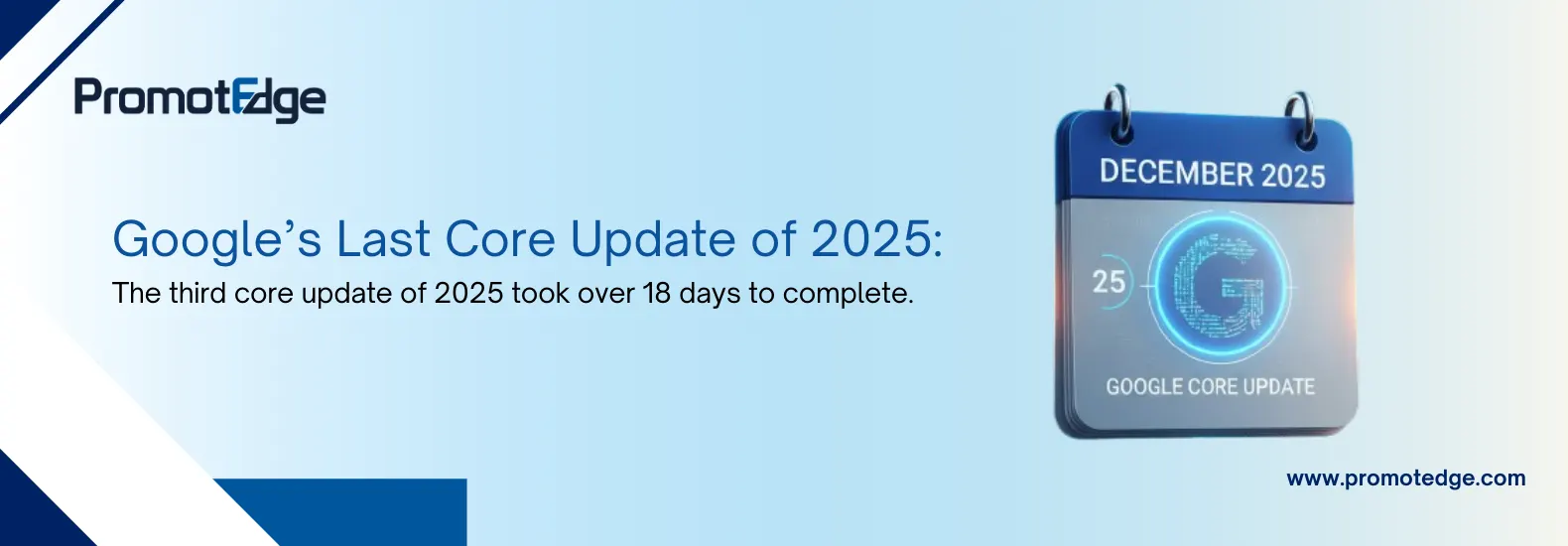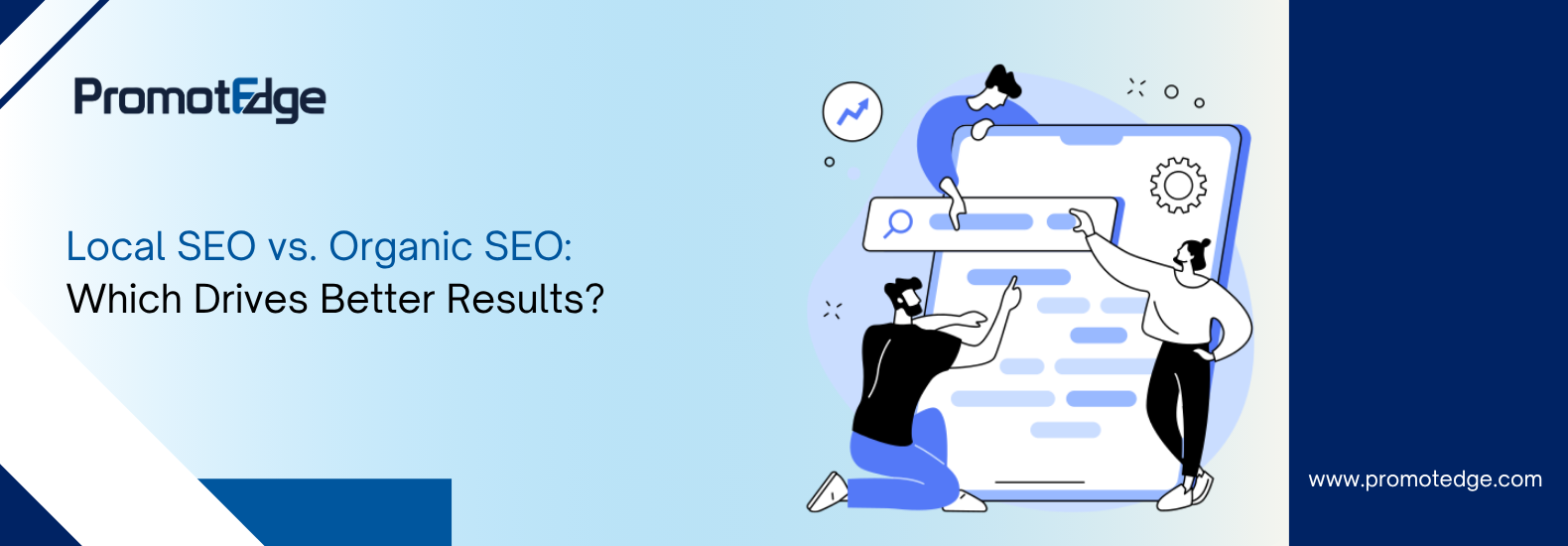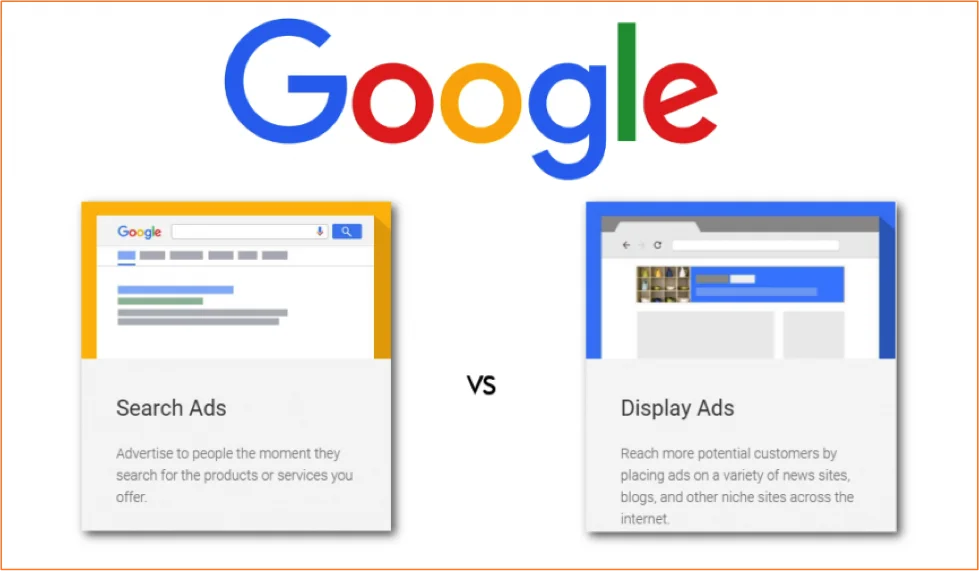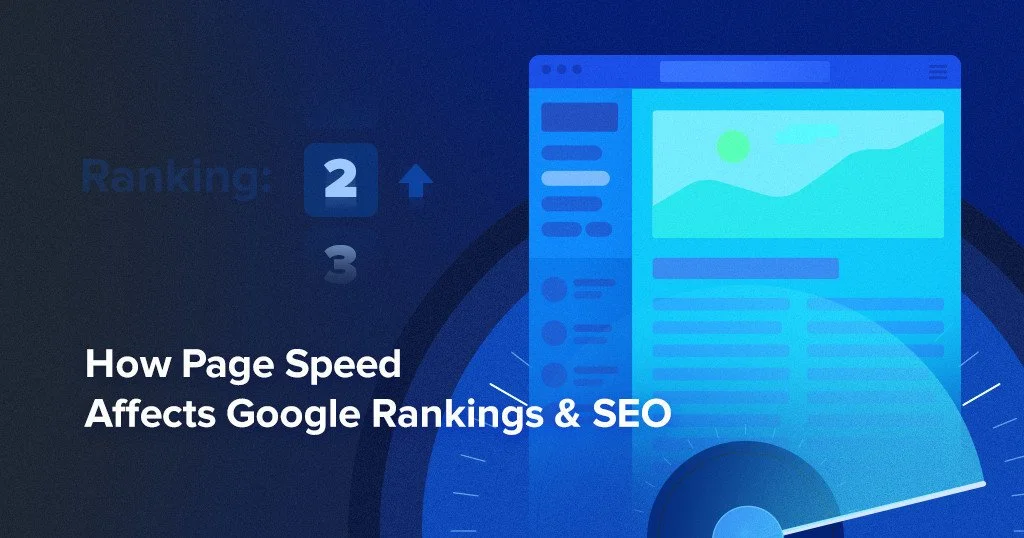Mastering SEO Content Writing: 8 Deadly Mistakes To Avoid

-
Author: PromotEdge
-
Updated Date: Nov-07-2024
-
Views: 2 Min Read
You have studied up on SEO tactics. Check having put together a strategy, you have begun implementing parts of it. Check. However, in the following months, you’ve seen little to no improvement in your brand’s organic traffic or lead generation, and your rankings have remained stagnant. Where did things go wrong?
There is no need for you to go into panic mode; awareness is the key to preventing mistakes.
SEO is no longer an optional component of blogging – but are you doing it right?
Search engines are becoming more sophisticated and smarter with each passing year.
Sites that follow Google’s rules benefit from Google Algorithmic Updates, while those that hurt readers experience land up with a big fat Google penalty!
Therefore, if you want to stay at the top of the game and give your blog the best chance of success in 2021 and beyond, you need to focus more of your efforts on SEO and make sure that what you are doing is compliant with the current best practices.
Have you ever wondered what not to do when undertaking SEO content writing? Check out the deadliest SEO content writing banana skins to look out for in 2021.
What is meant by SEO Content Writing?
SEO stands for search engine optimization. It is a method of boosting websites’ ranking on search engines like Google, Bing, etc, and attracting organic traffic through the use of techniques.
SEO Content Writing entails using keywords and phrases your target audience will use to find your website’s content.
Ideally, your audience should not be able to detect that you have incorporated keywords and other SEO tactics in your content. You simply need to let them take pleasure in reading your valued piece of fine writing.
8 Costly SEO Content Writing Pitfalls to stay away from
Not writing mobile responsive content –
Considering that over half of all internet traffic is now coming from mobile phones, you will need your blog to respond seamlessly on mobile as it would on desktop.
It means that the text and images in your content should automatically be resized to accommodate the compatibility of the device. Moreover, despite the advancement of artificial intelligence and machine learning, it is easier for Google crawlers to understand short sentences.
To accomplish this, you should simplify your writing by using simple, one-sentence paragraphs.
You May Like: 7 Ways to Plan a Content Strategy
Not making your content easily scannable –
The attention span of humans is now shorter than that of a goldfish.
Only 16 percent of readers read a page word-by-word.
When it comes to SEO content writing, scannability is the name of the game.
As a result, your most important page elements should be placed along the “F” track.
Furthermore, nothing breaks up a long text (and information) as effectively as bullet points and numbered lists. It is perfect for scanners who love to pluck key points.
Lastly, bold, italicized, colored, underlines, or hyperlinked text stands out, making it more noticeable.
Not paying attention to your meta title and description –
In search results, visitors first glance at your link’s title, and then have a closer look at your meta description for extra convincing.
Two lines of the meta description should suffice to convey the entire content briefly.
Therefore, it’s absolutely crucial that your meta description is crisp, thoughtfully crafted, and compelling to improve your click-through rate (CTR), ranking, and traffic generation.
So make sure you write your meta tags carefully, incorporating essential keywords into them and keeping in mind the character limit.
Not Using Semantically related Keywords and Synonyms –
Overuse of the same word can be tedious to the ears and painfully obvious that you are writing for SEO.
When you use synonyms or related focus keyphrases, your content becomes more readable and flows more naturally. As a consequence, Google would likely reward such content with higher rankings since it provides more contextual background on a topic.
You can reach searchers who use the less standard phrasing by including these slight variations. Make sure your copy contains some long-tail keywords as well! Long-tail keywords allow you to narrow your search using a combination of keywords.
Not writing at a realistic reading level –
Although lawyers may enjoy legalese and doctors may employ medical jargon, content writers should aim for a reading level of 8th grade.
The simplicity of your message will enable you to reach a wider audience and reduce the bounce rate.
Make sure your content is readability-tested by using tools like Hemingway to steer clear of wordy or advanced terminology.
Not creating an outline before you start writing –
By creating an outline, you are able to keep track of the writing process.
Better yet, it provides a clear direction for SEO content writing. It helps you focus on the main topic and create quality content from beginning to end by eliminating unnecessary elements.
This requires you to consider every issue you want to address with your blog and determine the main takeaway for the reader. Remember to revise your outline and trim where necessary.
Not taking into account the search intent –
The underlying reason why someone uses Google (or any other search engine) to conduct a search is called search intent. Search intent can be categorized into four types: Informational, Navigational, Transactional, and Commercial investigations.
For a keyword that has informational intent (and not transactional), you’re unlikely to rank if you write a sales-oriented, persuasive blog post. To begin your keyword research, analyze the SERPs, so you can understand the intent behind the keyphrases you are targeting. Thereafter, adjust your tone of voice and call to action accordingly.
Not taking the audience’s viewpoint into consideration –
In SEO content writing, it is common to write solely from the perspective of the site owner without considering the user altogether.
Users won’t be bothered to learn your product-related jargon or to know why you think your product is awesome, or blog to be interesting. Their main concern is to learn what problem you will solve for them, or how they will benefit from reading your blog.
For your search engine results to really shine, you need to be a mind reader – What topics are they interested in reading about? What are their pain points/ Headaches? Also, consider writing in the first person and using “you” often, as opposed to “I” or “we.”
A few final words
Most SEO content mistakes are caused by skimping on preparation and paying too little attention to the quality of their texts. Nevertheless, your rankings will soon suffer… So make sure each text represents a well-thought-out, original idea, or a compelling story that focuses on the site’s visitors.
Don’t worry if you have neglected SEO up until now. It is still possible to get back on track! PromoEdge’s SEO content writers have implemented the most comprehensive techniques to optimize our clients’ site’s ranking for search engines and to obtain brand recognition on the web.
Table of Contents
- What is meant by SEO Content Writing?
-
8 Costly SEO Content Writing Pitfalls to stay away from
- Not writing mobile responsive content –
- Not making your content easily scannable –
- Not paying attention to your meta title and description –
- Not Using Semantically related Keywords and Synonyms –
- Not writing at a realistic reading level –
- Not creating an outline before you start writing –
- Not taking into account the search intent –
- Not taking the audience’s viewpoint into consideration –
- A few final words
Categories
Latest Posts
-
Digital Marketing Google December 2025 Core Update
-
Digital Marketing AI in PPC: How AI Is Changing Paid Advertising
Blogs











































































































































